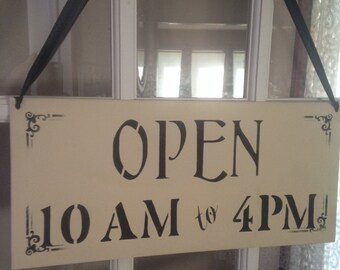At this turn of the year, I was pleased to be reminded of a meditation by my first professor in seminary, the philosopher/theologian/activist Howard Thurman: "The Growing Edge".
“Look well to the growing edge. All around us worlds are dying and new worlds are being born; all around us life is dying and life is being born. The fruit ripens on the tree, the roots are silently at work in the darkness of the earth against a time when there shall be new leaves, fresh blossoms, green fruit.
Such is the growing edge. It is the extra breath from the exhausted lung, the one more thing to try when all else has failed, the upward reach of life when weariness closes in upon all endeavor. This is the basis of hope in moments of despair, the incentive to carry on when times are out of joint and men and women have lost their reason, the source of confidence when worlds crash and dreams whiten into ash. Such is the growing edge incarnate. Look well to the growing edge.”
Therefore, be it resolved . . .
Best wishes for 2018,
















